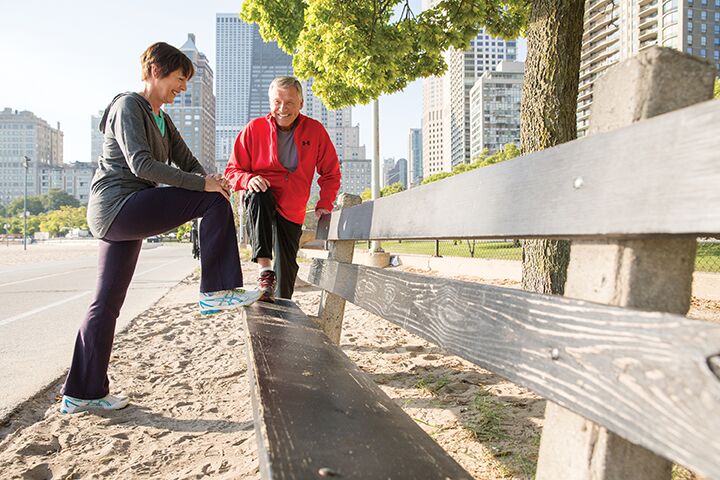What You Need to Know About Muscles and Aging
There’s no denying the correlation between muscles and aging. As we get older, we lose muscle mass, and often that leads to the perception that we’re weak and unhealthy.
But biological age doesn’t have to be the key indicator of overall health, and getting older doesn’t have to mean getting weaker, according to new research. Other factors, like mobility, are important to determine well-being. That means focusing on our muscles as we get older as a means of bettering our health.
Of course, maintaining muscle can be more challenging as the years pass. But science has shown that strength is possible at any age, physician scientist Dr. Refaat Hegazi says in Next Avenue. So here’s what you need to know about muscles and aging to stay strong and vibrant no matter how old you are.


– Muscles and energy: Muscle loss becomes more apparent around age 40, when you may begin to lose about 8% of muscle mass per decade. With muscle loss comes lower energy levels, which means working your muscles as the years pass is crucial to maintain vitality.
– Muscles beyond strength: Building muscle isn’t all about strength and aesthetics. Muscles are necessary for movement, balance and posture. This is why muscle loss translates into more falls or fractures. And muscle also contributes to metabolism, facial structure and oxygen consumption and use during exercise.
– Muscles for longevity: When you focus on your muscles during your healthy times, it’ll benefit you during your sickly times. That’s because muscles that are broken down and weak make it difficult to fight off and recover from health issues. Muscle health is like a savings account, Dr. Hegazi says. Building up a reserve ensures you have something to rely on when necessary to get back to full health more quickly.
– Muscles and nutrition: What you put in your body is directly linked to muscle health. And when you don’t consume the proper nutrients, your body resorts to proteins in your muscles. That means fueling your body adequately can combat this process. Maintain a balanced diet of protein and carbohydrates alongside vitamins and minerals to boost the health of your muscles. And pay attention to what you consume. A healthy, 150-pound adult needs approximately 53 grams of protein each day, but research recommends almost two times that amount for older adults to preserve their muscle mass.
Maintaining an active lifestyle and building strong muscles is simple when you live at The Clare. Our Wellness and Fitness Center is open every day for your use, and we offer several fitness classes each week in which you can participate. Plus, we have an exercise physiologist on staff to help you achieve your goals and keep your muscles healthy.
Muscles and aging aren’t mutually exclusive. With older age comes muscle loss – the progression is natural. But there are steps you can take and habits you can adopt to focus on your muscles and improve your overall health.






